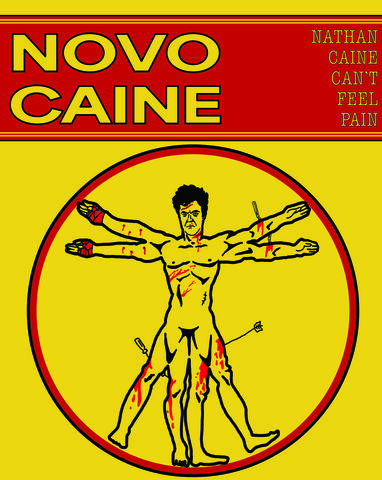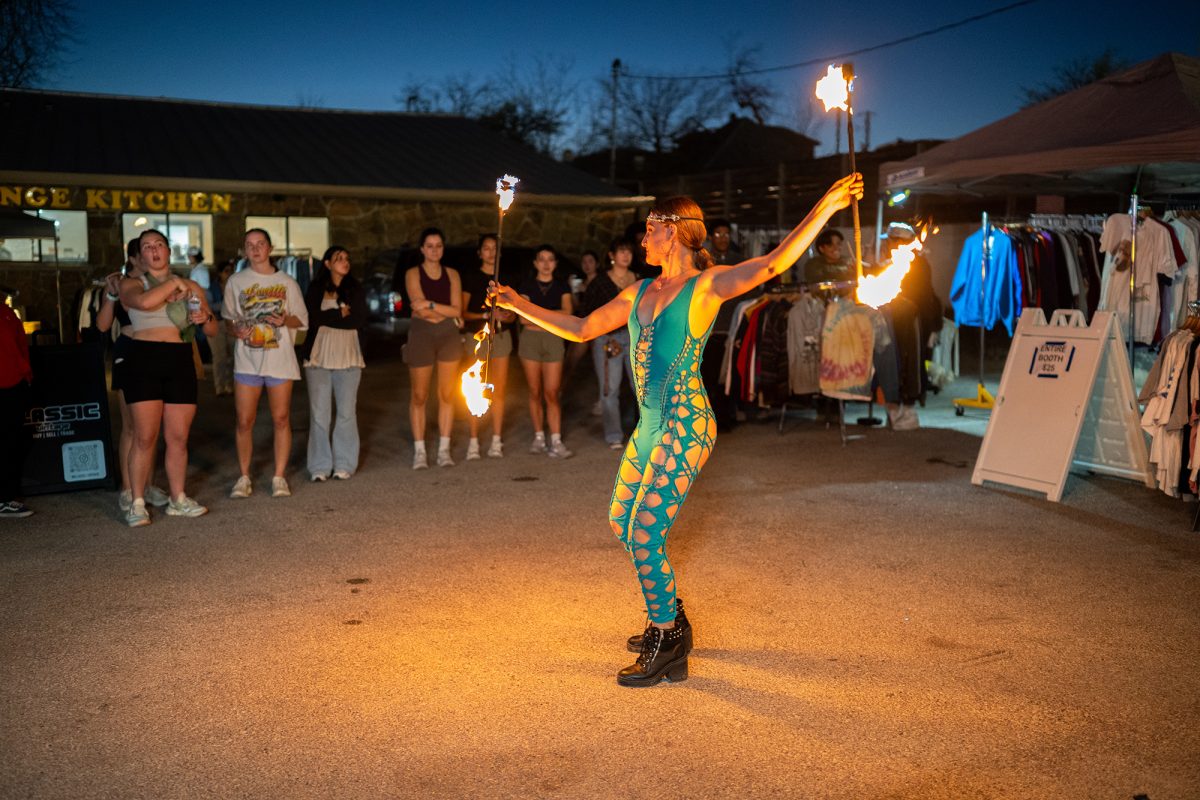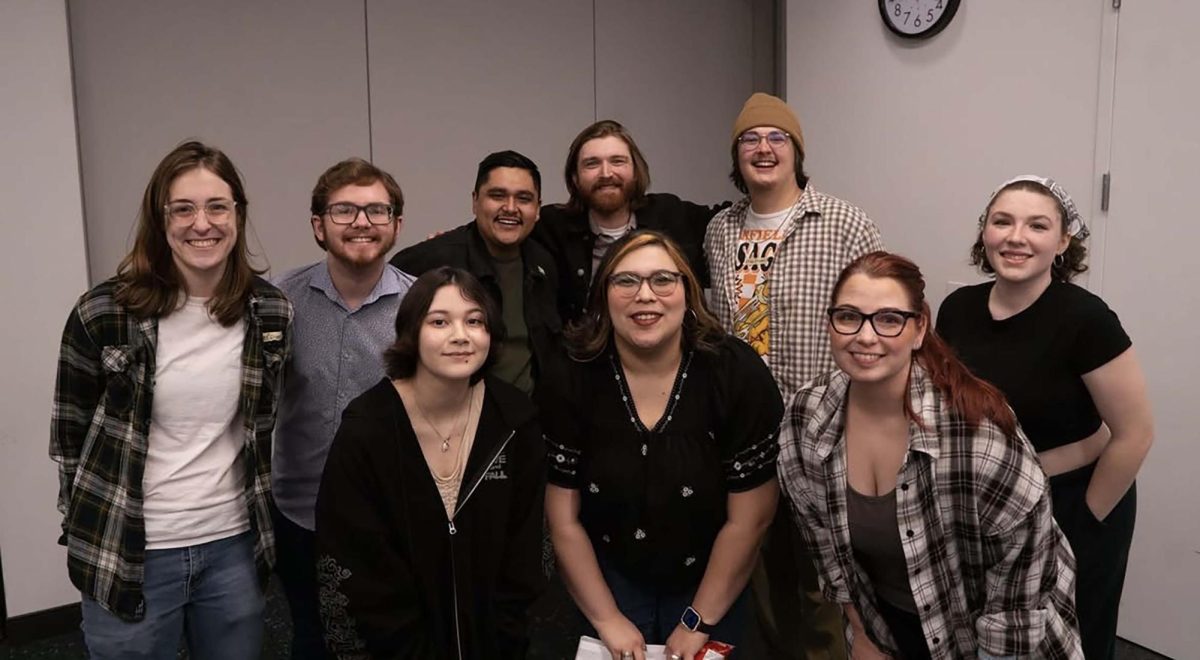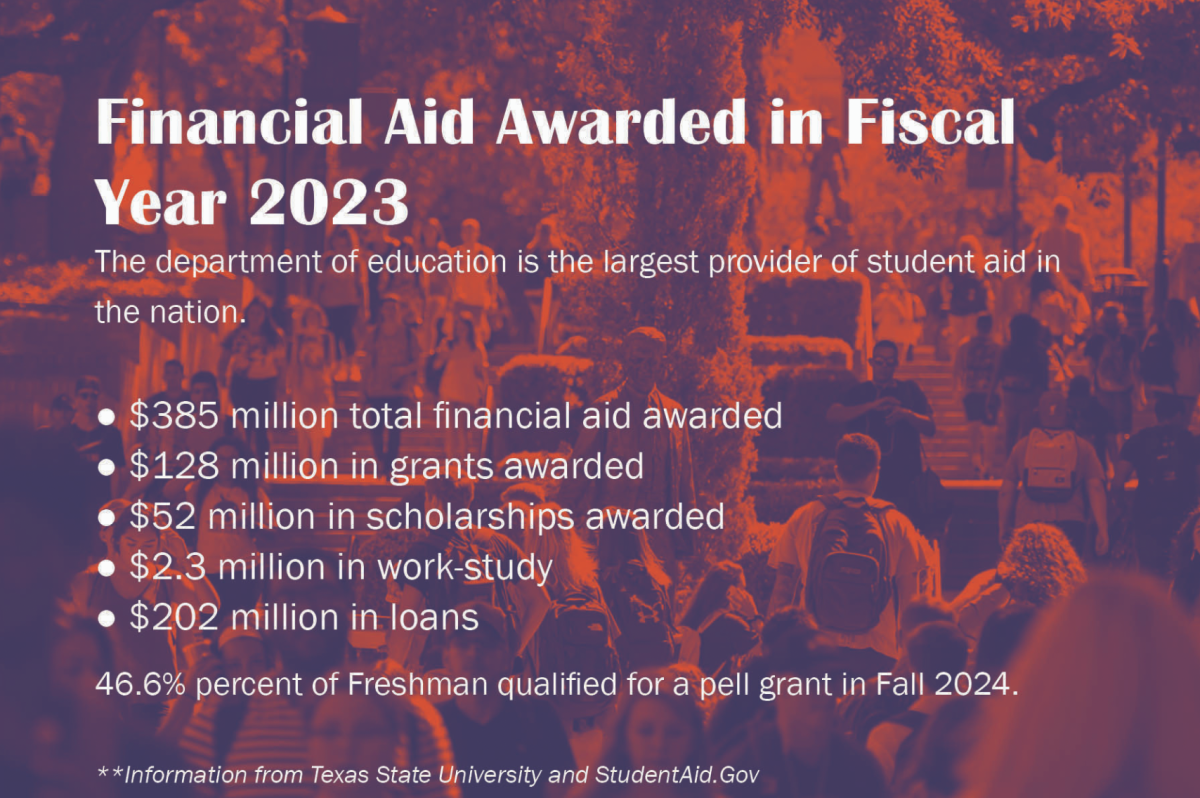The U.S. Supreme Court’s decision to block an end to the DACA program was met with feelings of relief and joy among DACA recipients and allies. While DACA students and faculty at Texas State celebrate the decision, they acknowledge there still remains a level of uncertainty surrounding the fate of the program.
The Supreme Court ruled June 18 that the Trump administration failed to provide sufficient reasoning for ending the program and that it violated the Administrative Procedure Act. The program has saved thousands of Texans from deportation since it was enacted by the Obama administration in 2012. As of Dec. 2019, there were over 107,000 Texans with DACA permits, according to federal statistics.
For current DACA students at Texas State, this decision means they can continue to plan their academic careers and complete their degrees.
Coordinator of the Texas State Monarch Center for Immigrant Students Michelle Sotolongo says she feels relieved and happy that Texas State DACA students can continue to receive the program’s benefits; however, she says there is still work to be done to ensure students are protected in the future.
“There’s probably a really good chance that it’ll still be challenged again, and who knows exactly what’s going to happen with the election, but definitely it was a moment of excitement and happiness,” Sotolongo said.
The Monarch Center combines the work of multiple campus offices, including the Attorney for Students and Office of Equity and Inclusion, to provide resources for DACA and immigrant students and to ensure they feel safe on campus. Sotolongo says the center will continue to provide the same resources for students to plan for the future of DACA.
“[We’re still going to be] contacting key members of the campus on behalf of students and moving forward with other initiatives from the Monarch Center for Immigrant Students,” Sotolongo said. “We can do a lot more with this kind of ruling.”
Sotolongo says the center is working to create a fund to provide DACA students with financial relief, job searching assistance and safe spaces on campus.
She says the most important task is finding a more direct way to communicate with university administrators. She hopes the center can give students the opportunity to voice their needs through focus groups so the university can figure out how to best support them.
While the Supreme Court decision means DACA recipients can continue to live, work and learn in the U.S. without fear of deportation, there still remains the possibility the Trump administration could try to rescind it again before the November election. Attorney for Students immigration lawyer Angelica Coronado says DACA students are “still in limbo.”
“Unfortunately, they’re going to continue this limbo of whoever the administration is [and whether it will] continue the program or attempt to rescind it again,” Coronado said. “But that’s a big question mark. Until we hear from the people elected in office of their plans, it’s hard to say.”
Coronado says putting an end to DACA would have drastic effects on the lives of DACA students.
“Our students have established jobs, finances and invested in their future. I think that if they are no longer allowed to work with permission, that puts them back in the shadows,” she said. “I think that [an end to DACA will] uproot their lives, and that has a plethora of unknown consequences.”
Coronado says it is important those who have the privilege of being a citizen show their support for DACA students at Texas State.
One resource available to students is S.C.O.P.E, a student organization that serves both DACA and undocumented students. The organization helps establish a community for students to come together and be allies to those who are DACA recipients or are undocumented.
Cal Iven, secretary for S.C.O.P.E, says a common emotion among immigrant and undocumented students is the uncertainty of what the future will hold, especially amid COVID-19. To provide support to students dealing with these emotions, Iven says S.C.O.P.E tries to provide mental health support and a sense of community within the organization.
“We do meet biweekly during the school year to talk about issues that affect the community,” Iven said. “We talk about what it’s like to be LGBT and an immigrant [and] what it looks like to be a Black immigrant. We also talk about resources available and current events about what’s going on in the world of immigration here in the U.S.”
Ultimately, Iven says it is important DACA recipients, undocumented students and allies use the resources available to them. Resources for DACA recipients and undocumented students can be found at the Monarch Center.
While now is a time for temporary relief, feelings of uncertainty still remain heavy among DACA recipients. Organizations like the Monarch Center and S.C.O.P.E exist to provide support to these students.
To learn more about DACA or resources available for DACA, undocumented students and allies, visit the Texas State Monarch Center for Immigrant Students website. For more information on SCOPE, visit the organization’s website.
Categories:
Texas State reacts to Supreme Court DACA decision
July 13, 2020
By Alondra Vasquez
The Supreme Court ruled that the basis of what the Trump administration attempted to end the DACA program violated the Administrative Procedure Act. For current DACA students at Texas State, this decision means they can continue to plan their academic careers and finish their degrees with fewer worries.
0
Donate to The University Star
Your donation will support the student journalists of Texas State University. Your contribution will allow us to purchase equipment and cover our annual website hosting costs.
More to Discover















